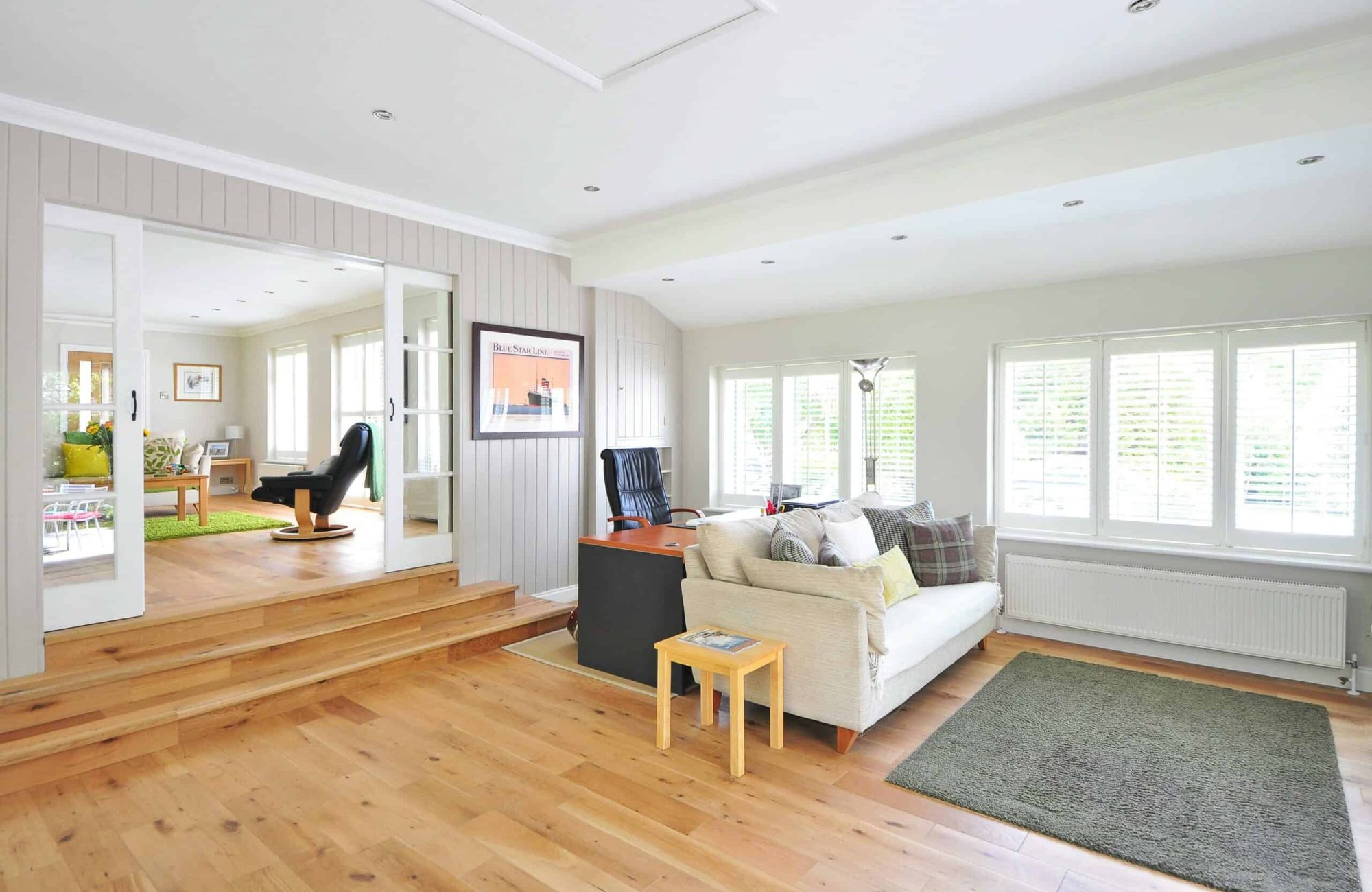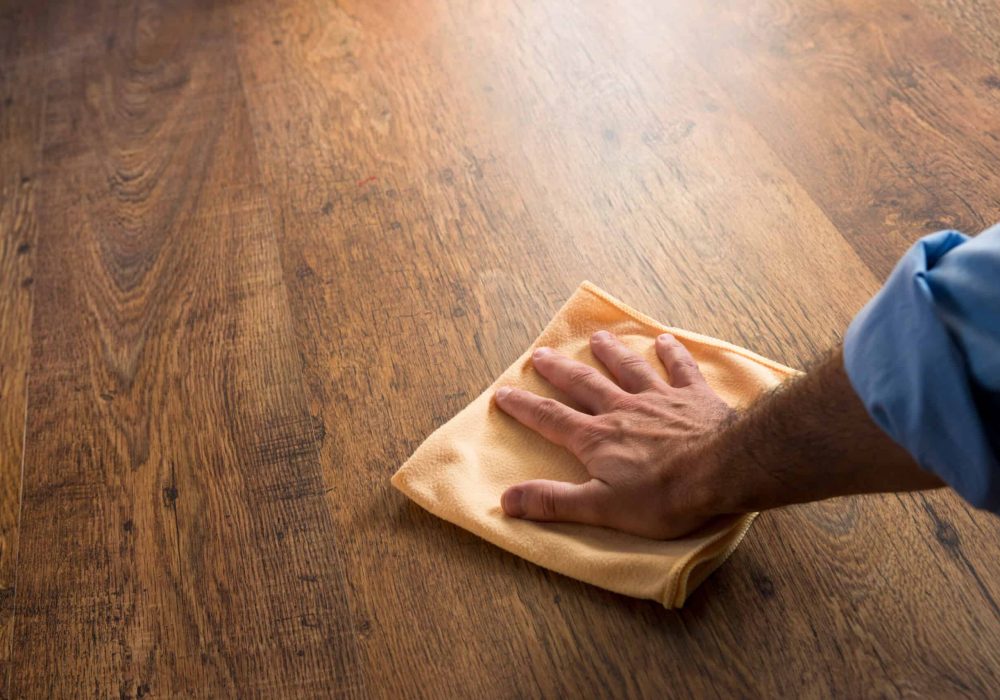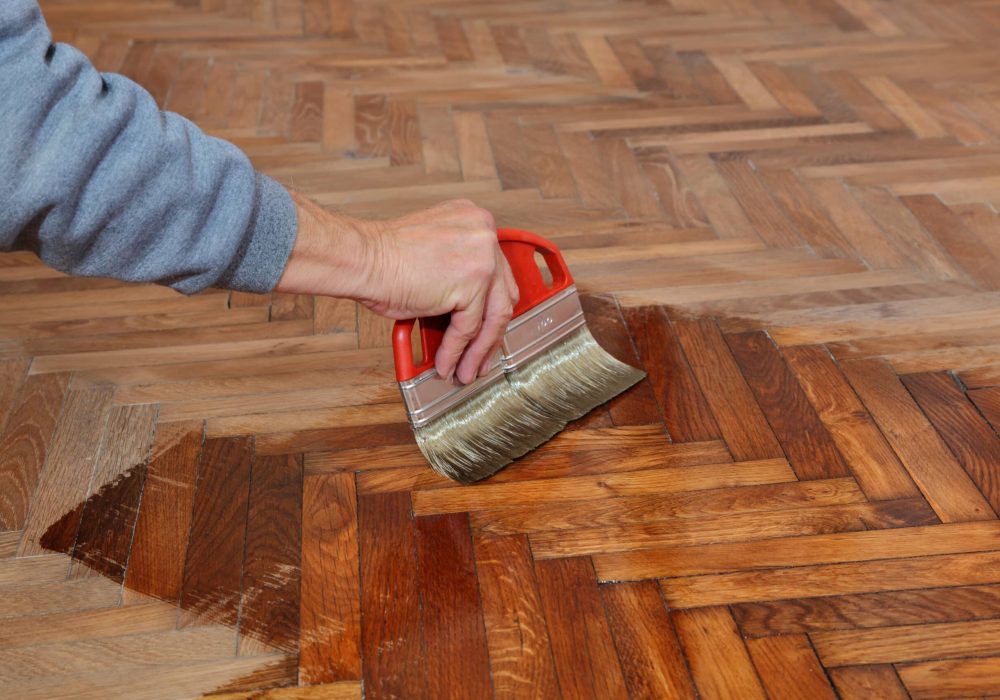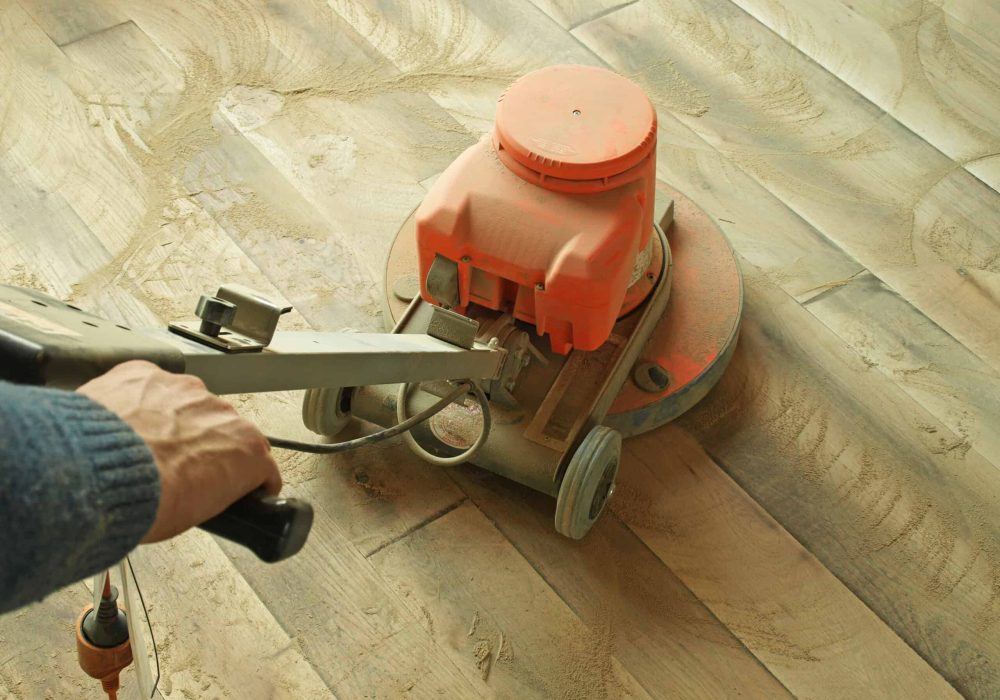In today’s environmentally conscious world, many homeowners are looking for sustainable options for their homes that don’t compromise on style or durability. Hardwood floors are a popular choice, not just for their classic aesthetic and durability but also for their environmental benefits. At Denver Dustless, we specialize in hardwood flooring and are committed to helping you understand why this choice is as good for the planet as it is for your home.
Renewable Resource
Hardwood is fundamentally eco-friendly because it comes from a renewable resource—trees. Unlike petroleum-based products or non-renewable resources that can deplete over time, trees can be replanted and regrown. Forestry practices have significantly advanced to ensure that hardwood is harvested sustainably. Responsible forest management ensures that for every tree cut down, several more are planted, maintaining the balance of the ecosystem.
Durability and Longevity
One of the strongest green credentials of hardwood floors is their longevity. Hardwood floors can last for decades, even generations, with proper care and maintenance — such as hardwood floor refinishing. This longevity means that the frequency of replacement is significantly less compared to materials like carpet or vinyl, which might need to be replaced every 5 to 10 years. The longer lifespan of hardwood reduces waste and the demand for manufacturing, both of which are beneficial to the environment.
Air Quality and Health Benefits
Hardwood floors contribute positively to indoor air quality. They do not harbor allergens, dust, or molds that can compromise health, unlike some flooring options that can emit volatile organic compounds (VOCs) or other harmful chemicals. Hardwood floors are a natural and non-toxic choice that can be especially beneficial for those with allergies or respiratory issues.
Energy Efficient Production
The process of turning wood into hardwood flooring is less energy-intensive compared to manufacturing other flooring types like laminate or carpet. Wood processing generally uses less water and energy, and wood itself is a carbon-neutral material. While it grows, a tree absorbs carbon dioxide from the atmosphere, and this carbon remains stored in the wood even after it is processed into flooring, effectively reducing the overall carbon footprint.
Recyclability and Biodegradability
At the end of its life, hardwood flooring can be recycled for other uses or safely biodegrade, contributing neither to landfill mass nor to pollution. This is a stark contrast to many synthetic flooring options, which can take hundreds of years to decompose and might release toxic chemicals as they do so.
Denver Dustless’s Commitment to Eco-Friendly Practices
At Denver Dustless, we take our environmental responsibility seriously. We offer flooring options sourced from suppliers who adhere to certified sustainable forestry practices. Our installation processes are designed to minimize waste, and our state-of-the-art dust containment systems ensure that the installation of your hardwood floors is not only clean but also environmentally friendly.
Choosing hardwood floors is a decision that benefits not only your home and its inhabitants but also the planet. The eco-friendly attributes of hardwood—being a sustainable, durable, and recyclable material—make it an excellent choice for environmentally conscious homeowners. With Denver Dustless, you can be confident that your beautiful hardwood floors are installed with the utmost respect for environmental sustainability.
If you’re considering hardwood flooring and its impact on the environment, let us help you make an informed decision that aligns with your values and lifestyle.






